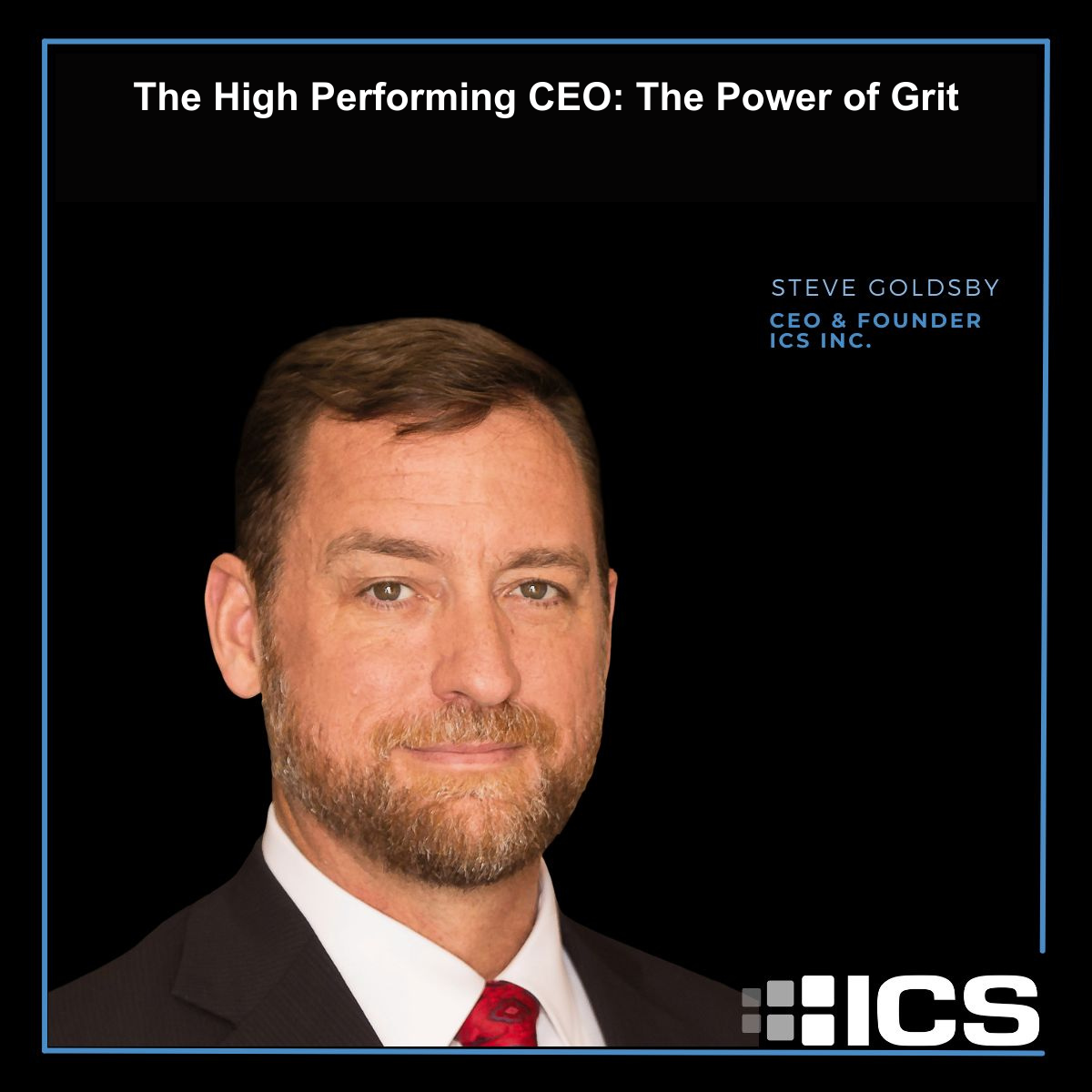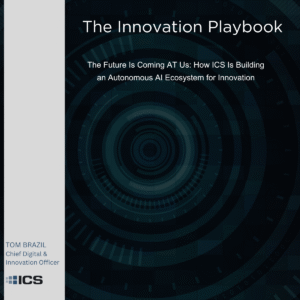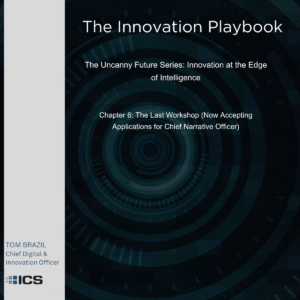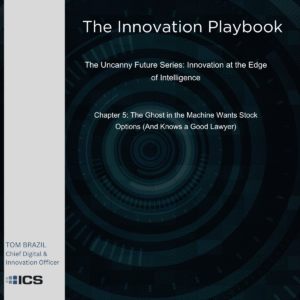As a CEO and entrepreneur, I’ve had the privilege of working with and learning from some of the most successful individuals in the business world. One common trait that I’ve noticed among these high achievers is an unwavering commitment to their goals, a quality that psychologist Angela Lee Duckworth calls “grit.”
In her TED Talk, “Grit: The Power of Passion and Perseverance,” Duckworth shares her research on what predicts success in challenging environments, from West Point Military Academy to the National Spelling Bee. Surprisingly, she found that factors like IQ, talent, and physical health were not the best predictors of success. Instead, it was grit – the combination of passion and perseverance for long-term goals – that emerged as the most significant predictor of achievement.
Grit is having stamina, sticking with your future day in and day out, and working hard to make that future a reality. Grit is about living life like a marathon, not a sprint. This resonates strongly with my experience as an entrepreneur. Building a successful company requires years of dedicated effort, often in the face of setbacks and challenges.
At ICS, we’ve discovered that grit is one of our core values. We believe that passion and perseverance are essential qualities for every member of our team. It’s not enough to have talent or intelligence; we need individuals who are committed to our long-term vision and are willing to put in the hard work to make it a reality.
Research also highlights the importance of a “growth mindset” in developing grit. Developed by Stanford psychologist Carol Dweck, growth mindset is the belief that one’s abilities can be developed through effort and learning. When children learn about how the brain grows and changes in response to challenges, they are more likely to persevere in the face of failure. This is a powerful insight that we can apply not only in education but also in the workplace.
As business leaders, we have a responsibility to cultivate grit and growth mindset in our organizations. We need to create a culture that values passion, perseverance, and continuous learning. We must encourage our teams to embrace challenges, learn from failures, and stay committed to our long-term goals.
Of course, developing grit is easier said than done. Duckworth admits that there is still much to learn about how to cultivate this important quality. We’ve discovered, however, that by screening and hiring for grit, it becomes a part of the fabric of your culture – a self-reinforcing phenomenon.
Grit – the combination of passion and perseverance for long-term goals – is perhaps the most important predictor of success for entrepreneurs and business leaders. Embracing and cultivating Grit helps us build teams that are capable of overcoming challenges and achieving extraordinary results.
As Ms. Duckworth reminds us: “We need to be gritty about getting our teams grittier.”
How are you getting your teams grittier?







